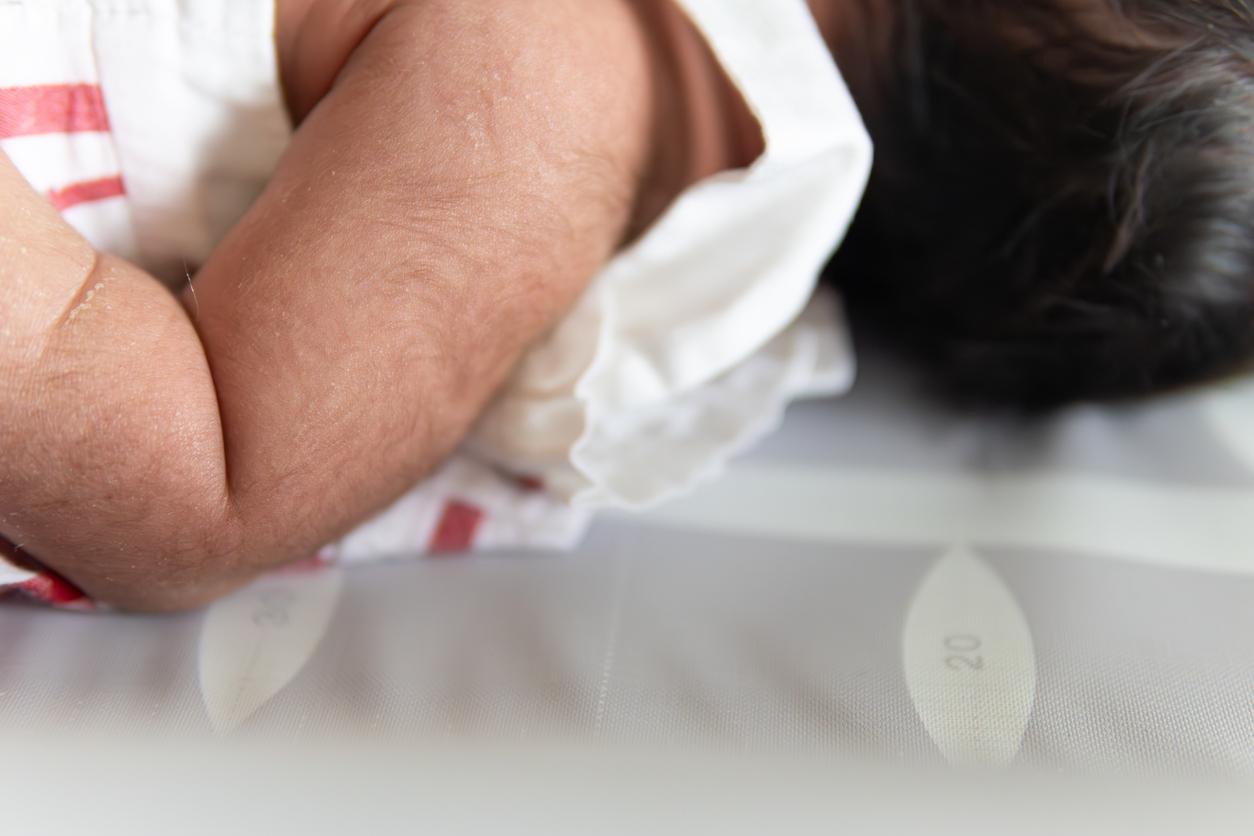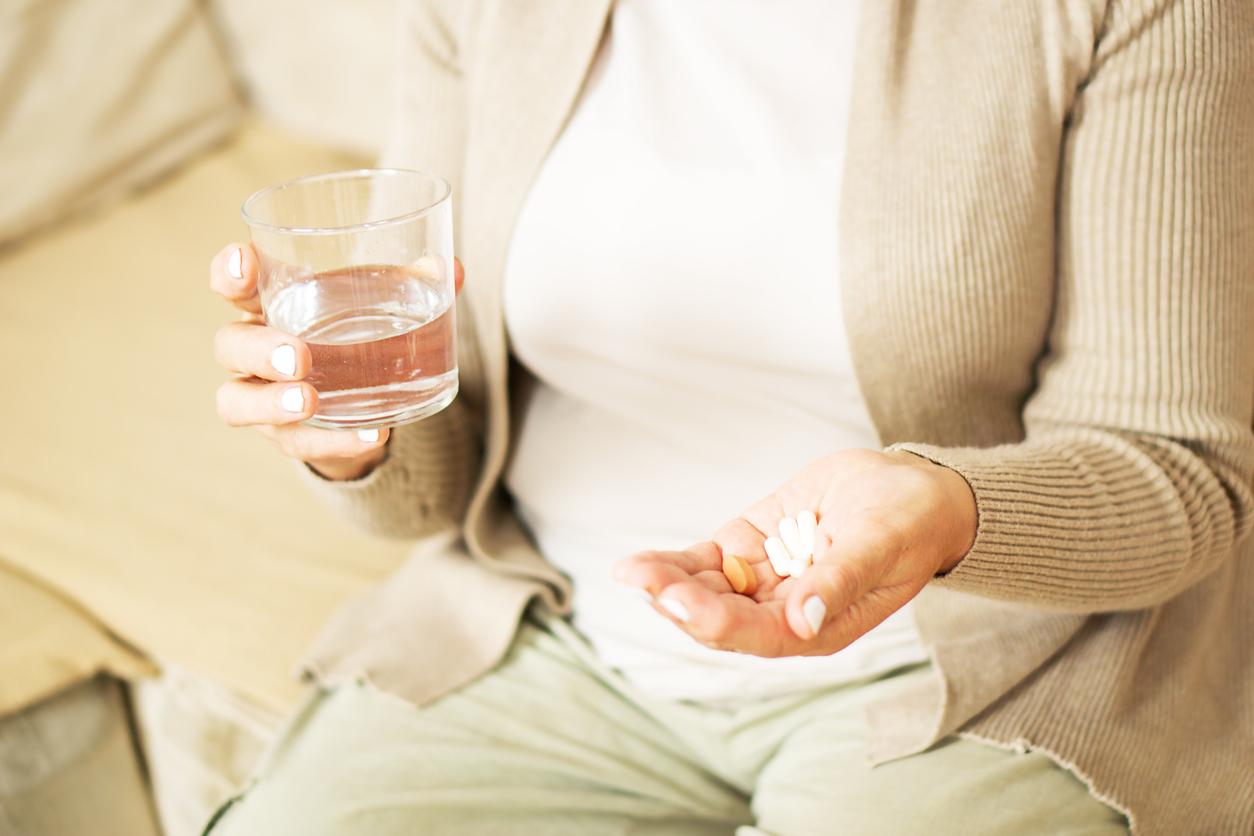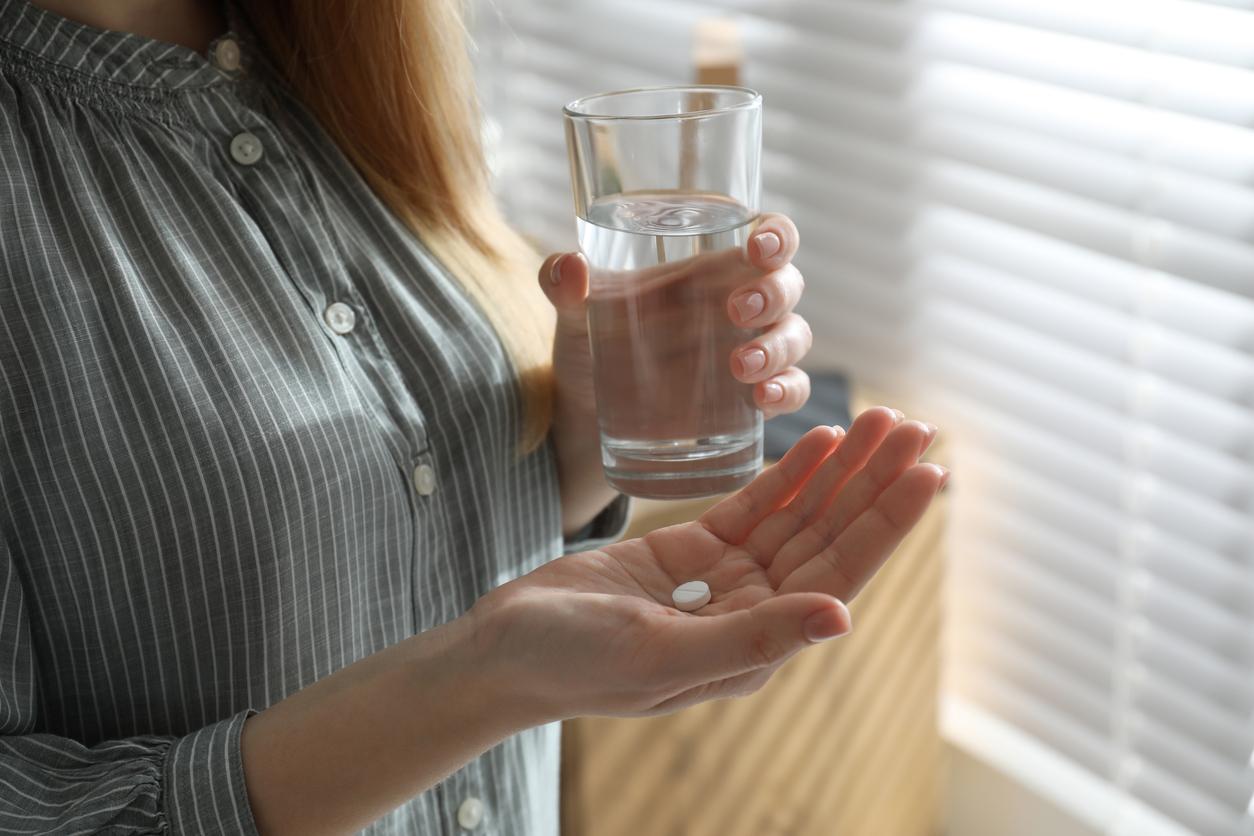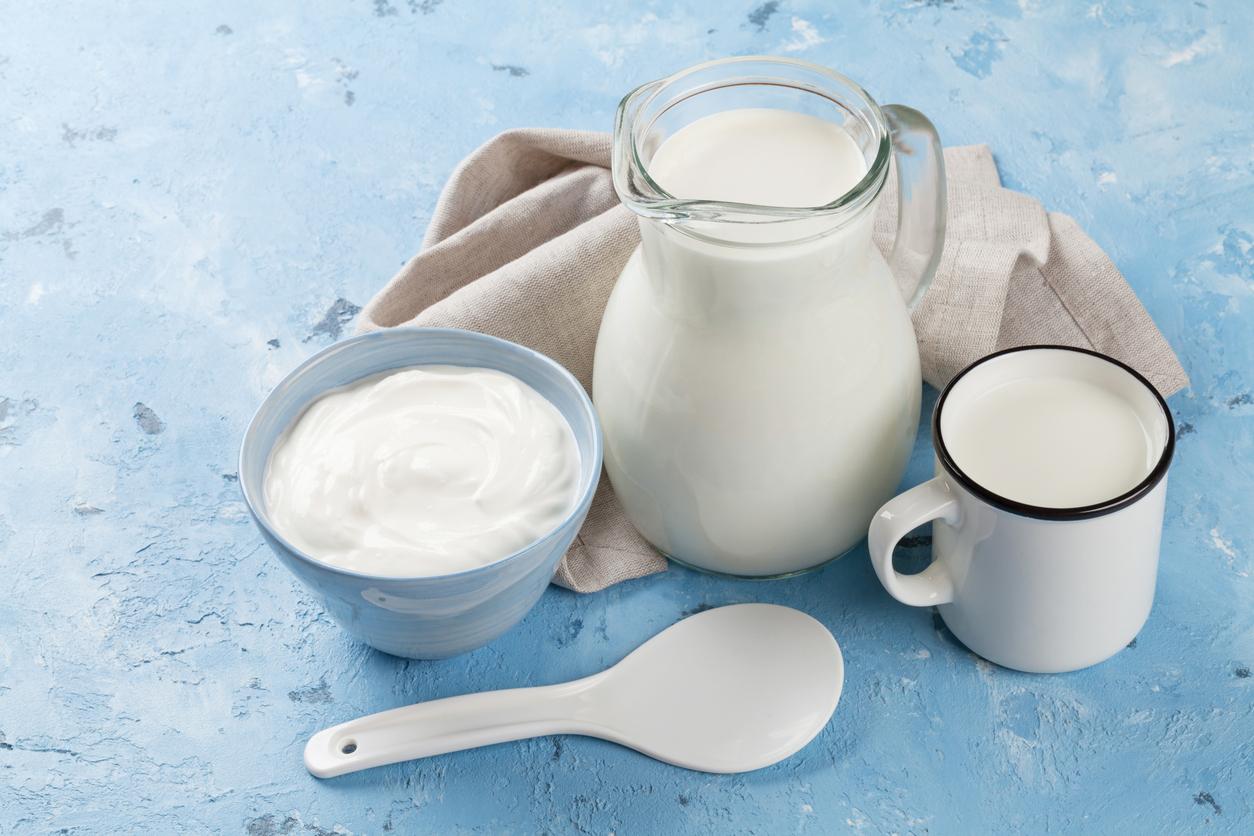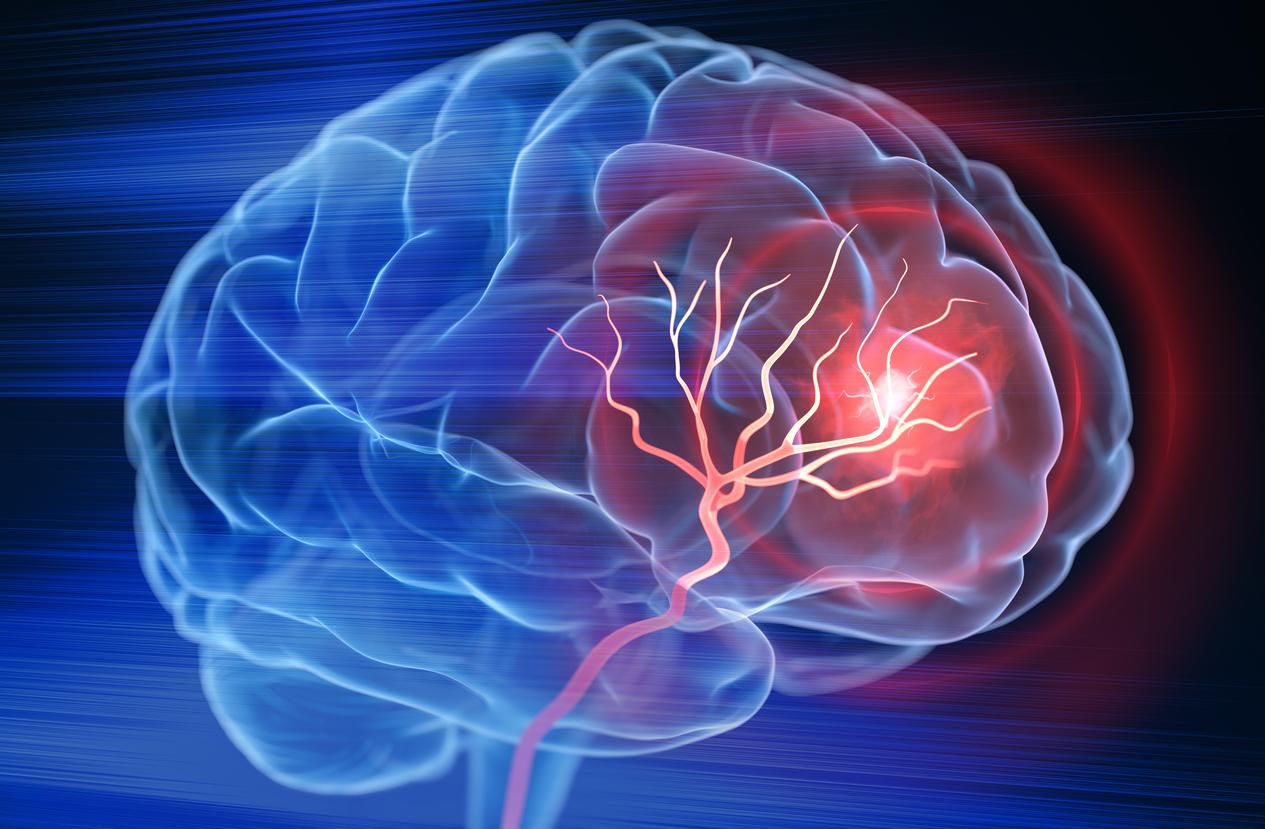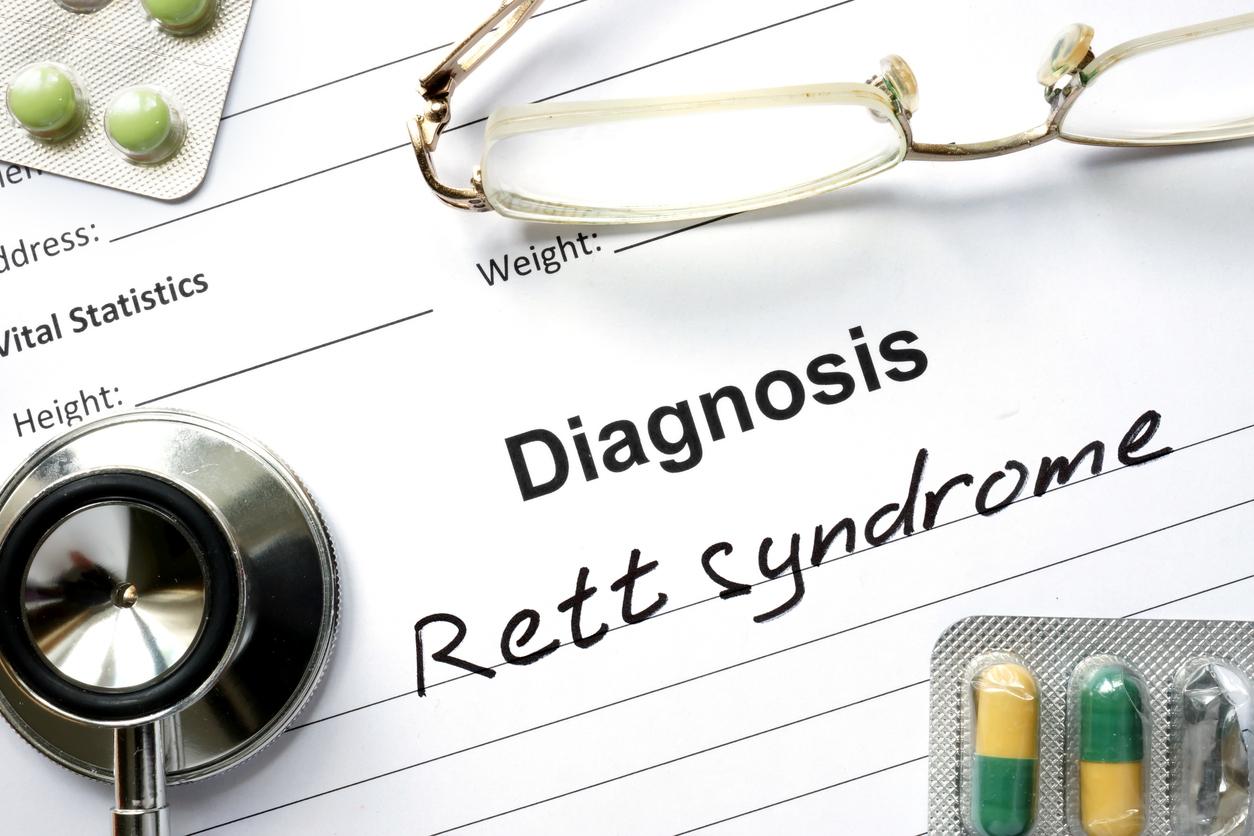January 6, 2009 – Men and women react differently to the effects of coffee, according to trial results1 carried out in Spain with 688 subjects.
Researchers at the University of Barcelona conducted an experiment with 238 men and 450 women who drank classic espresso (100 mg caffeine) or decaffeinated (5 mg caffeine) coffee. The authors of the study opted for espresso because the decaffeinated version has the same taste and gives off the same aroma as the classic version.
According to the results, 10 minutes after consuming the espresso, caffeinated or not, the subjects felt a significant stimulating effect (less falling asleep and more brain activity). In those who took decaffeinated, this effect wore off quickly while it increased in others after 20 minutes, peaking after 30 minutes.
The researchers also report that the stimulating effect of caffeinated espresso was more pronounced in men than in women. They also observed that, conversely, the stimulation provided by decaffeinated espresso was more intense in women and lasted longer than in men.
In their conclusion, the authors wonder if women could produce a stronger and more sustained placebo effect than men. However, the data from this trial do not allow any conclusion to be drawn in this regard.
The researchers also hypothesize that the taste and aroma of the espresso may have caused a placebo effect in the study subjects. They do not exclude either that the initial stimulating effect detected in espresso drinkers, caffeinated or not, comes from the sugar that the subjects were free to add or not to their coffee. Spaniards usually drink their espresso with a good dose of sugar.
Pierre Lefrançois – PasseportSanté.net
According to BBC News.
1. Adan A, Prat G, et al. Early effects of caffeinated and decaffeinated coffee on subjective state and gender differences. Prog Neuropsychopharmacol Biol Psychiatry. 2008 Oct 1; 32 (7): 1698-703.



